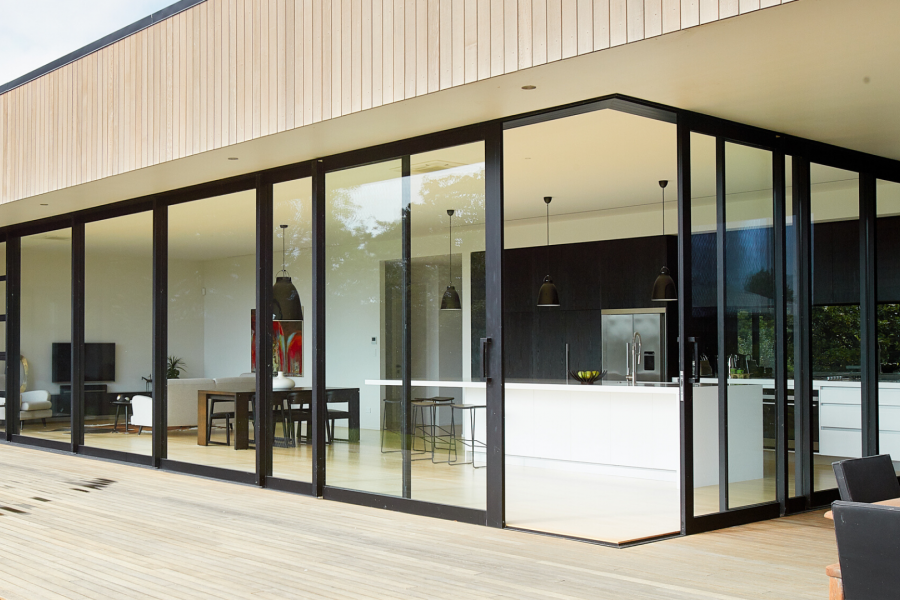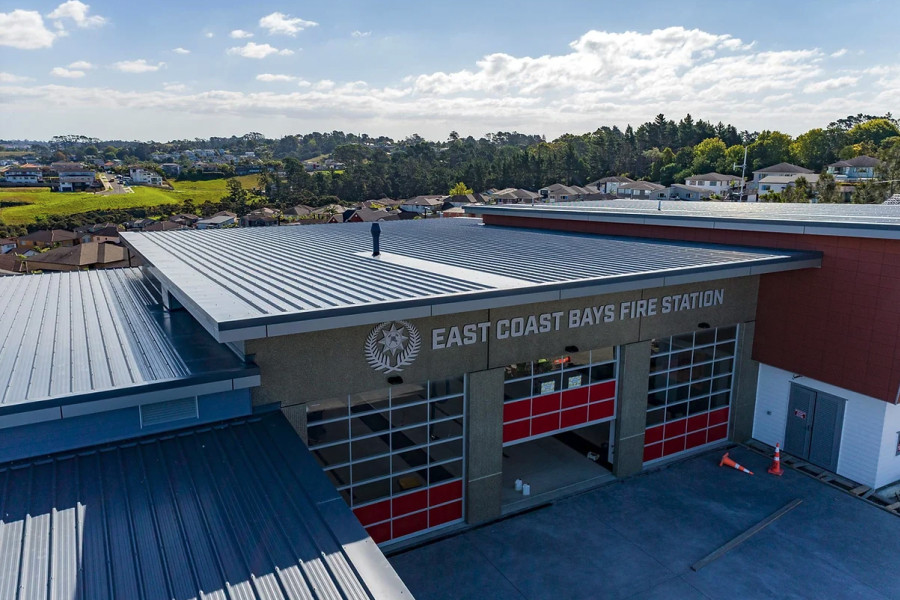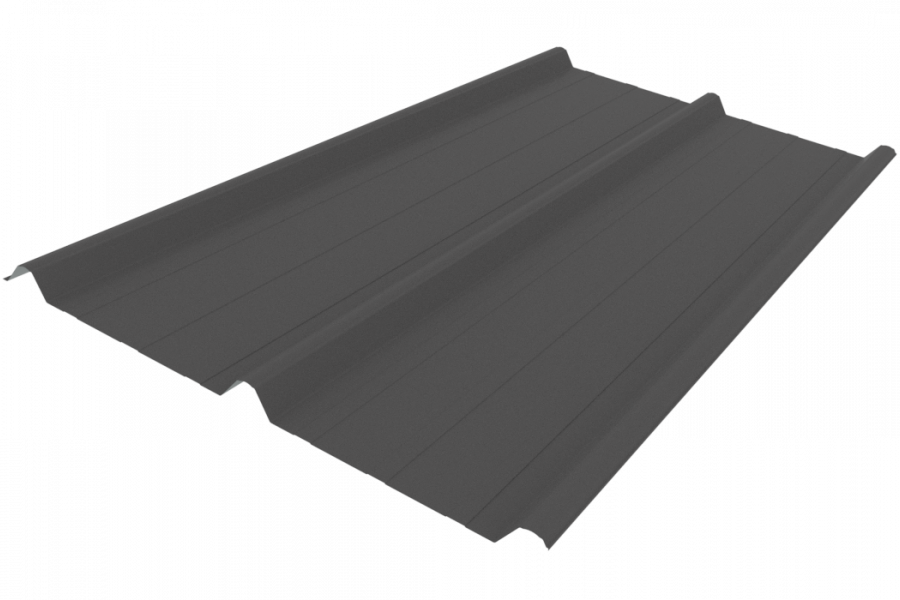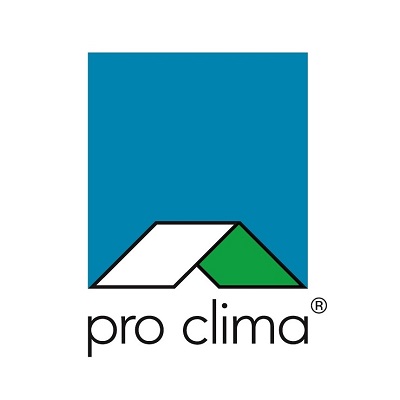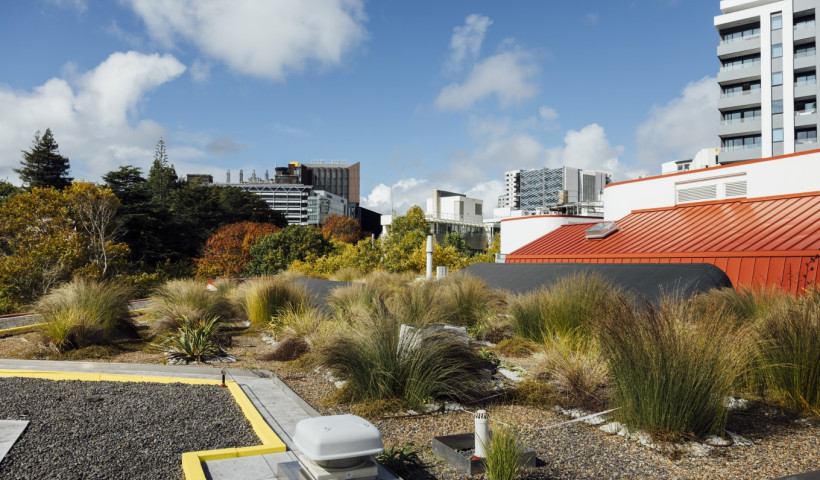
Originally developed by Uniroyal Ltd. as Flexible Membrane 6125 in the early 1960s, Hydrotech's Monolithic Membrane 6125 has been in use for more than 50 years and installed on more than two billion square feet of roofing and waterproofing worldwide. While there are several similar products now on the market, they are not equal.
While it is easy to add rubber to asphalt and call it rubberised asphalt, it's not enough just to know what the ingredients are. Only a well-engineered formulation of high-quality ingredients will offer architects a product they can trust.
Due to the formulation of some membranes, the end result can be rubberised asphalts that are hard to work or are watery at application temperatures, making it difficult for them to achieve the required installed thickness of 180 or 215mm. Hydrotech's unique blend of asphalt, thermoplastics, plasticisers and inert clay fillers provides a product with excellent adhesion and toughness, great workability and fantastic flexibility at low temperatures.
Depending on the type of filler used, a rubberised asphalt can also possess excellent resistance to harsh chemicals including acids. Hydrotech's use of an inert clay filler gives Monolithic Membrane 6125 excellent resistance to acids commonly encountered in fertilisers used in vegetative (green) roofs, planters and landscaped plazas, and the acids which make up acid rain. Many other rubberised asphalts contain a less expensive calcium carbonate filler, or other fillers, which do not impart the same resistance to these harsh chemicals.
How to ensure specification of a top quality rubberised asphalt?
- Specify a rubberised asphalt that is currently listed with Underwriter's Laboratories as Class A with respect to fire resistance.
- Insist that the rubberised asphalt be resistant to acids that will be encountered in fertilisers, building washes and acid rain. Accept only a product that contains an inert clay filler and not the less expensive calcium carbonate.
- Demand certification from the manufacturer showing full-time quality control of their production facilities and that each batch of material is tested to ensure conformance with the manufacturer's current published physical properties.
- Specify that material samples are to be taken from the job site and tested by an independent approved laboratory to verify conformance with the project specifications.
- Verify that all the accessory materials that are part of the roofing/waterproofing assembly come from a single source of supply and that there is single responsibility.









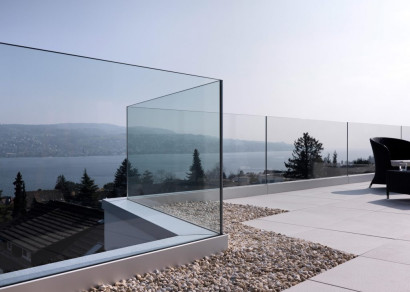

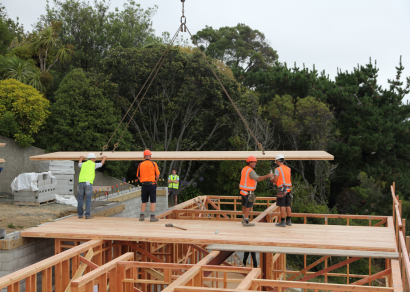
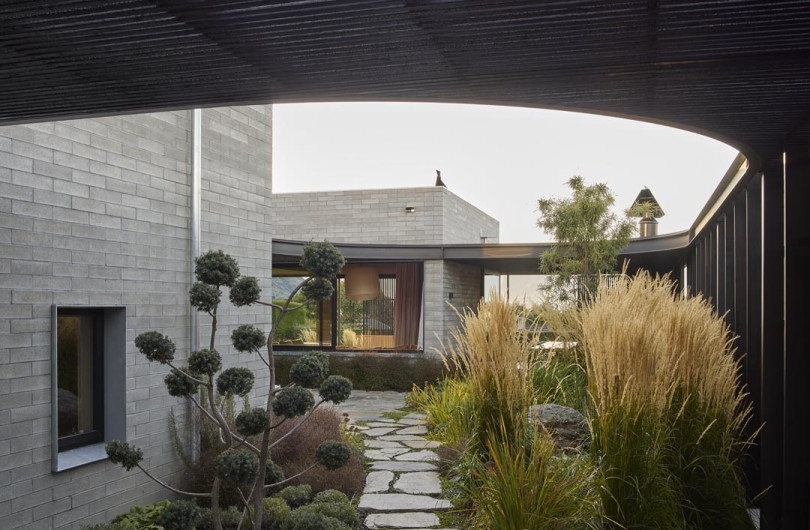
 Case Studies
Case Studies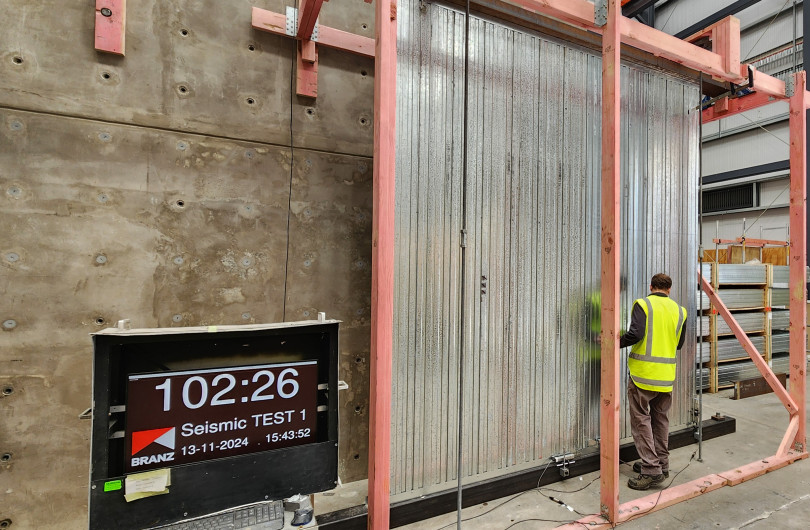
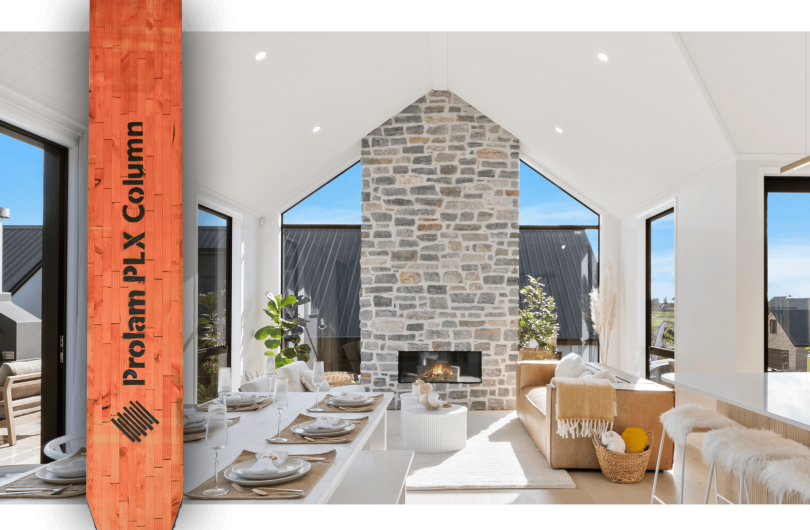



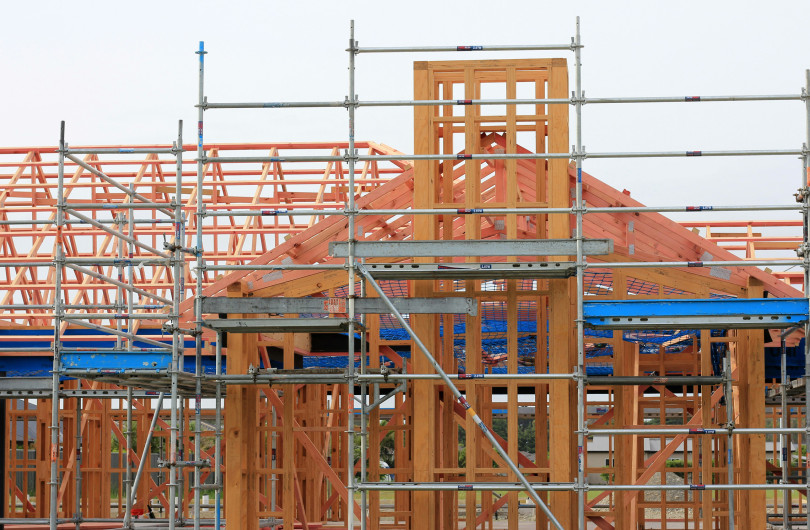
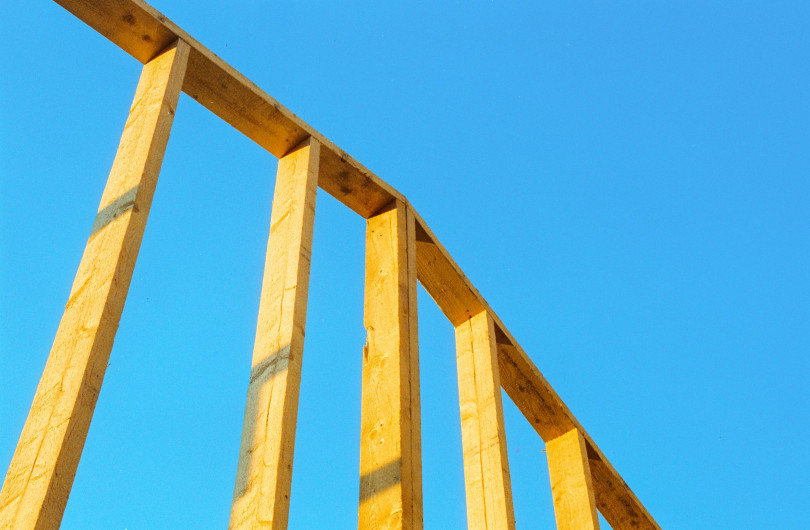

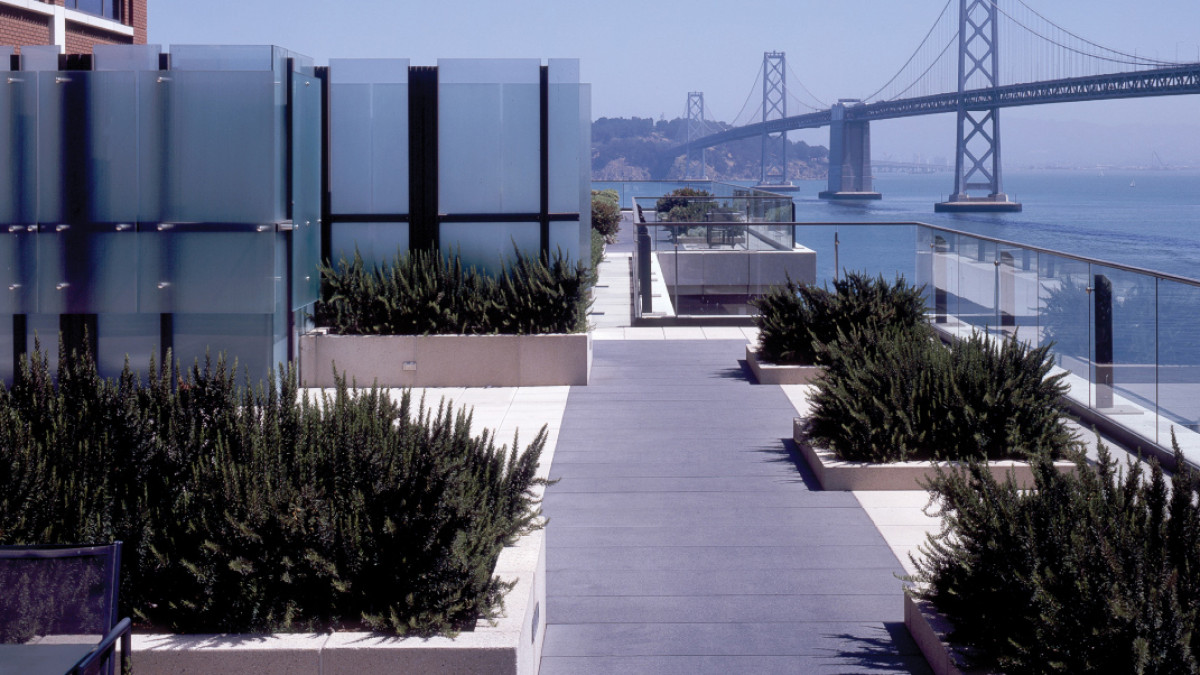

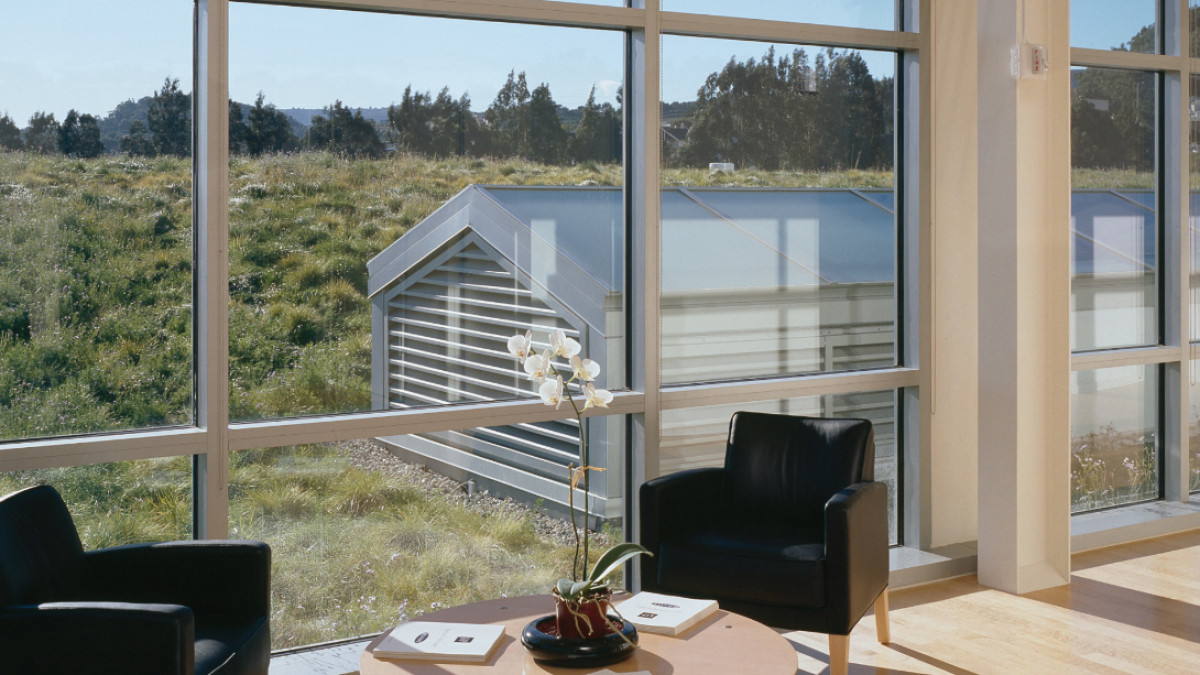
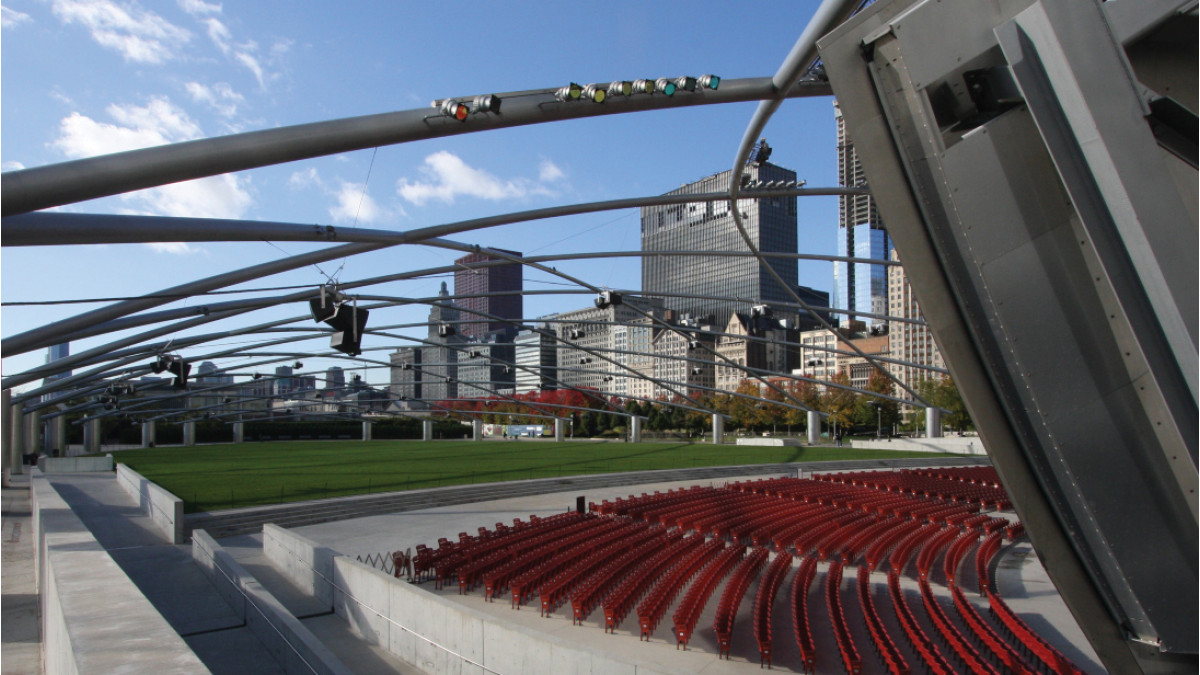


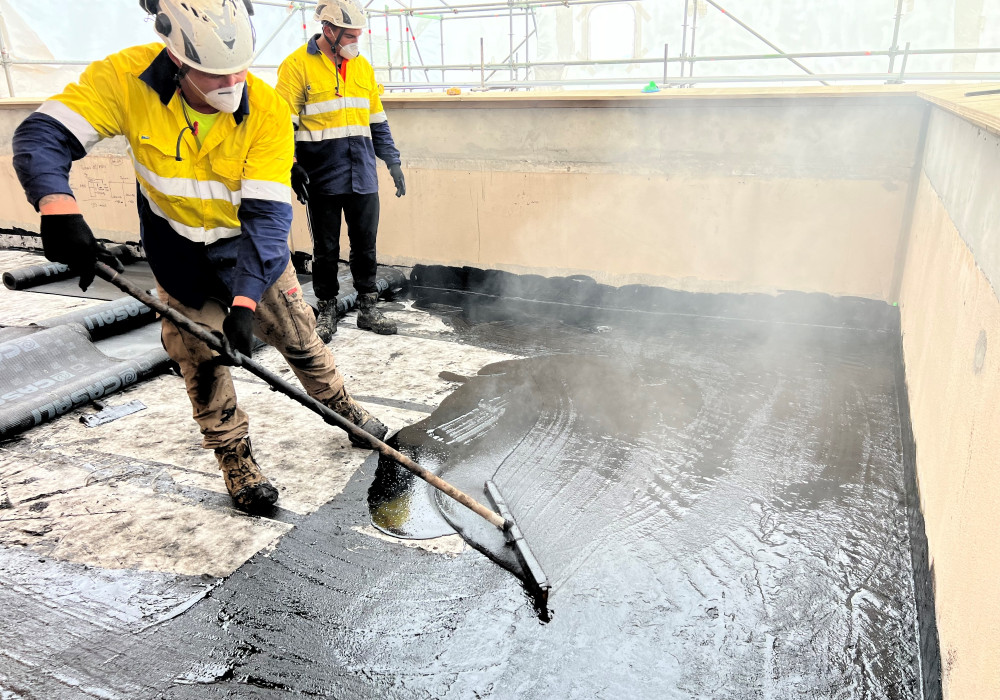

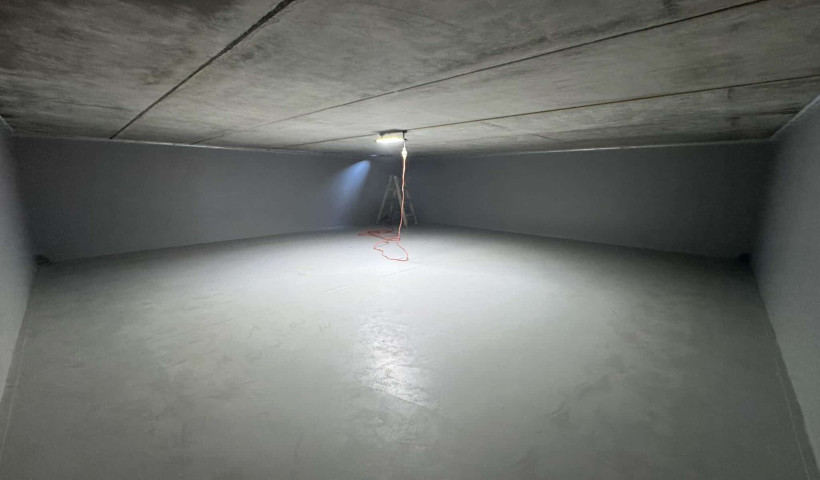
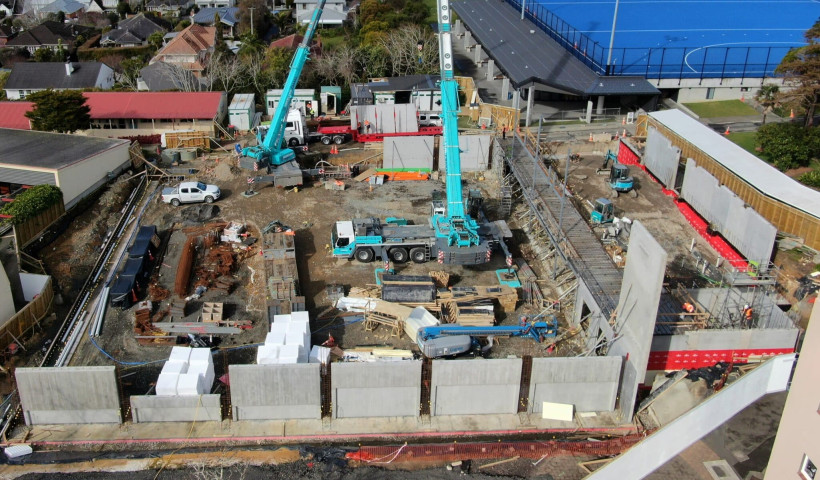
 Popular Products from Allco Waterproofing Solutions
Popular Products from Allco Waterproofing Solutions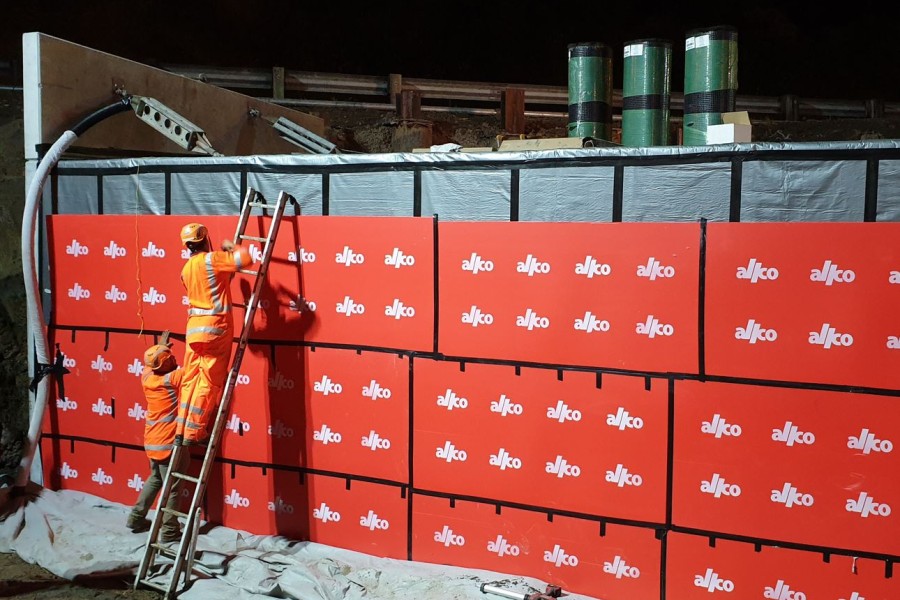


 Posts by Allco Technical
Posts by Allco Technical
 Most Popular
Most Popular